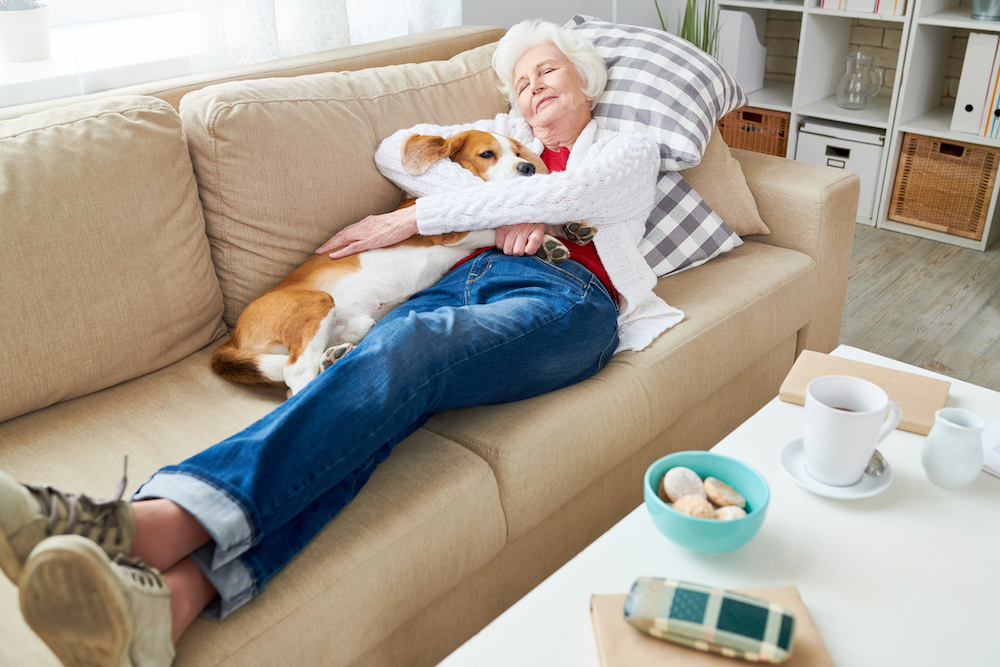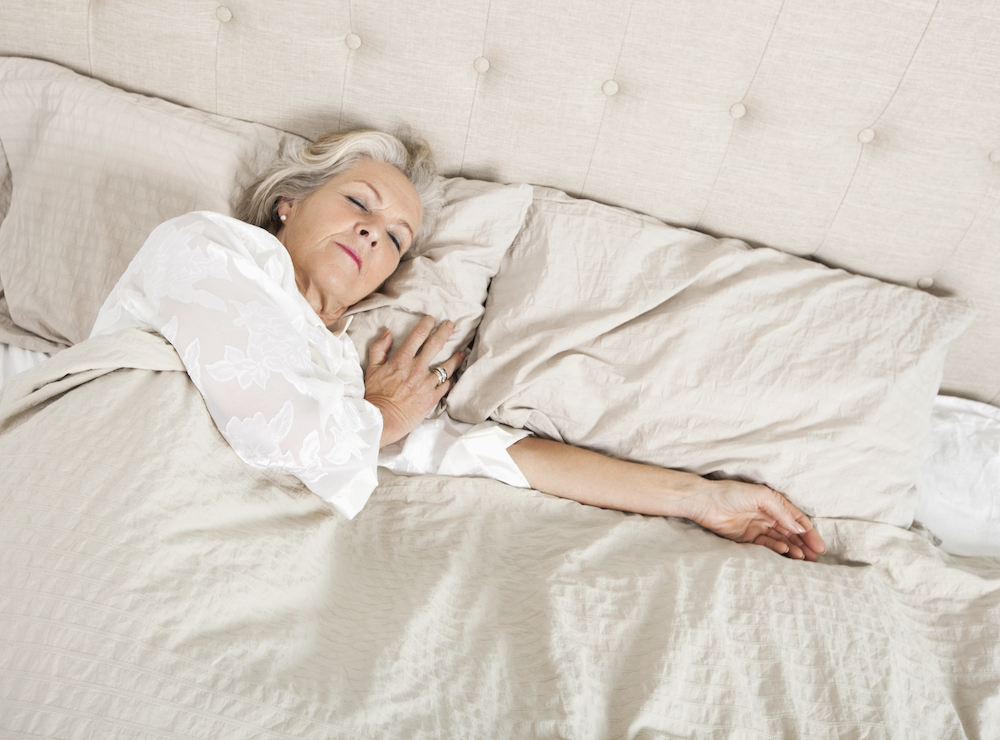Getting the recommended hours of sleep each night is important for everyone across all stages of life. However, did you know that it is especially important for seniors to get enough sleep? As we age, our bodies need more time to rest and recover. Adequate sleep promotes better immune health, decreases the risk of developing heart disease or diabetes, and even can improve overall mental and physical well being. For seniors who reside at the retirement communities near me, these kinds of health risks can be very concerning.
How much sleep do you need?
The first thing that you should note is that every person is different. What you require to feel rested when you wake might differ from someone else’s. Typically, it is recommended that older adults get anywhere from 7-9 hours of sleep each day. This number can vary, however, which is why it is important to check in with your doctor if you have concerns.
Tips to Promote Better Sleep
If you are a senior who lives in one of the retirement communities near me, then you need to keep reading this blog! We have compiled a list of ten great tips that will help older adults get better rest at night.
1.) Stick to a Schedule
One of the biggest mistakes that people make when it comes to getting enough sleep is that they have an inconsistent sleep schedule. Maybe one night, they hit the hay around 9 p.m. but then the next day, they aren’t in bed until after midnight. While this is bound to happen every once in a while, if you are constantly cycling through bedtimes, your body is going to struggle to keep up with its internal alarm clock. Try to pick an average bedtime and stick to it, even on the weekends.
2.) Unwind with a Warm Bath
If you find that you struggle to fall asleep due to some mild bodily aches and pains, a warm bath might be a way to help remedy that. Fill up your tub with warm water and add in some lavender bath salts or essential oils. Lavender is an excellent natural sleep aid, plus any epsom salts will help with achy or stiff joints and muscles. Set the tone with some relaxing music to help your mind unwind!
3.) Turn Off Electronics
Did you know that electronics such as cell phones, tablets, and TVs emit blue light? This blue light steals melatonin, which is what our bodies need to help us to fall asleep and stay asleep throughout the night. Not only that, but if you’re up watching an action flick or a horror thriller, you’re bound to get your adrenaline pumping and that’s the last thing you want before going to bed. Opt for a relaxing book, journaling, or even some meditation time instead.
4.) Be Mindful of When You Nap
For residents of the retirement communities near me, don’t worry, we still think naps are great! It is just very important to be mindful about when you nap. Taking a midmorning snooze or falling asleep after lunch is never a bad thing, but if you wait to nap until too late in the day, you are going to struggle to fall asleep at night. Also, try not to nap for more than an hour, otherwise you might find yourself unable to adequately rest come nighttime.

5.) Regularly Exercise
Exercise has so many benefits! It improves your cardiovascular health, helps you to maintain a healthy weight, brightens your mood, and so much more. However, did you know that it also can help you sleep better at night? It’s true! Exercise helps wear you out, leaving you ready to hit the sack when it’s time. Not only that, but exercise also does wonders for reducing stress and anxiety, meaning that you will spend less time tossing and turning at night worrying about this or that.
6.) Get Fresh Air
Fall weather is here which means now is the perfect time to head outdoors and get a little fresh air! If you live in one of the pet friendly retirement communities near me, leash up your pup and go for a walk around the neighborhood. Also here at Oakleigh, we have some beautiful nature walking paths to choose from as well as community patio areas. Sit and talk with friends or read a book. Either way, the exposure to the warm sun and fresh air will help you to sleep better at night.
7.) Check Your Medications
If you are having trouble falling asleep and staying asleep, your medications might be the culprit. Before you make any changes to your medication, however, be sure to schedule an appointment with your doctor. They will be able to look at what you are taking and if there are any adjustments that can be made.
8.) Watch Your Fluid Intake
Are you getting up several times a night because you have to go to the bathroom? This kind of pattern can really cause a disturbance and interrupt sleep. While it is very important to stay hydrated, especially for seniors, be mindful of your water intake after dinner. Instead, try to push more fluids earlier in the day. This way you are still staying hydrated but without having to get out of bed three or four times a night.
9.) Create a Good Sleeping Environment
Once again, what environment everyone prefers for sleeping can vary from person to person. Generally speaking, cool, dark, and quiet conditions are ideal for getting adequate sleep. Some people might even like white noise, such as a fan or a sound machine. Just make sure your room is comfortable for you!
10.) Avoid Alcohol
Even though alcohol is a sedative, drinking too much of it can really throw a wrench in your sleeping habits. The effects often wear off in the middle of the night, which can prompt you to wake up and be unable to fall back asleep. Plus skipping the hangover the next morning is always a good thing!
Wrap Up
For seniors in the retirement communities near me, getting enough sleep at night is very important. If this is something that you have struggled with in the past, try implementing these changes and see what difference it makes!



